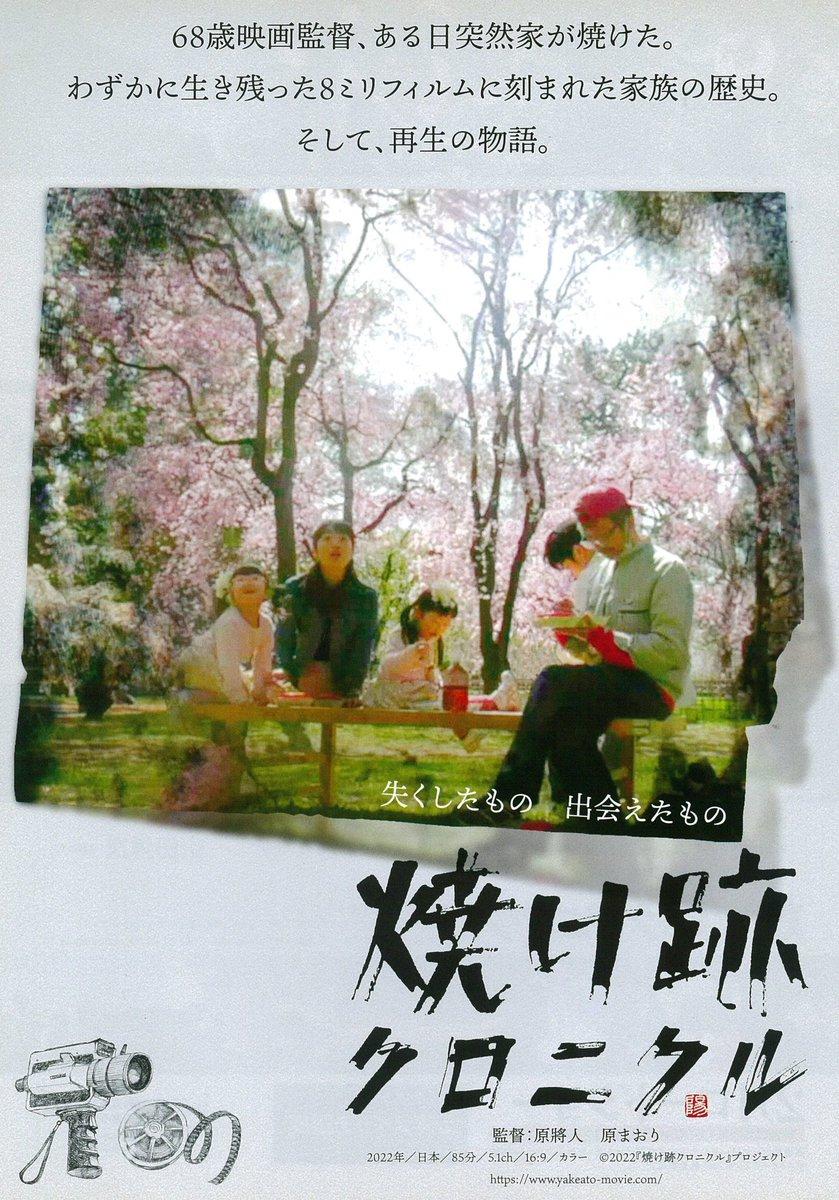[Movie Review] On rubble, "Gagarine / Gagarin" "Michi who did not choose", "Burnt trace chronicle" --Kripre
Christiated newspaper website
The stage of Gagarine / Gagarin is Cité Gagarine, a public housing complex on the outskirts of Paris.African Shonen Yuri, who lives in the aging building in 1963, bearing the name of the Soviet astronaut Gagarin, finds out his mother's writing one day and finds that his family has been left behind.The reality of dismantling procedures, the turbidity of the boy's nurturing the universe, and the pale love with the Roma girl.Despite the title that resembles a cosmic product, the gap that is mainly set in an aged housing complex as a ruin, and the fact that the reality is floating is doubled by the depiction of the unmperiar power.
The group of housing complexes in Paris, which appeared as a place to embody the ideal life with the rise of the middle of France in the late 20th century, was aged and immigrant, and to low -income houses (HLM = Habitation à Loyer Modéré) The diversion has progressed. Many movies are filmed in suburban housing complexes where social issues such as economic disparities, minorities, drug flooding, and younger generation delinquent lines are mixed, and "Le Cinéma de Banlieue (Le Cinéma de Banlieue) "" This work, which starts with the visiting record of the astronaut Yuri Gagarin himself at the opening ceremony of the housing complex, can be said to be both the skill of the production and the high criticism. In addition, the depiction of non -gravity at the end of the boys' dreams resonates the metaphor of the complex bombing by dynamite, but at the same time, the "end of the end" of the genre itself. This work, which indicates that the house is the outline of a person, is a masterpiece of a house / ruined movie in both the level and the content, and is a landmark of the "Paris suburban movie".
Just as the building is like, the land of life and the "figure" can also be broken, so the experience of leaving or forcibly peeling off may cause pain in disconnection.。They are literally the experience of cutting themselves.
The movie "Michi" is a fascinating competition between El Fanning, which has become a Muse of Hollywood and a Spanish famous actor, Javier Baldem, which has become a muse of Hollywood in recent years.The male immigrant writer who suffers from young dementia (front head head dementia) is "IF" in Greece in Greece in Greece, who stayed in a slump in his first love partner and his hometown of Mexico.Live at the same time.The difficulty of communication and nursing care facing another world where he lives, that is, a daughter who supports the reality of living in New York, USA.The last description from the daughter's perspective who empathized with his father is shocking.
Life in New York, where the body is weakened, waiting for the writer's destination of life.In the appearance of Javier Valdem, who plays this, the first starring work "Before the Night" (2000), which depicts the writer Leinald Arenas, who was forced to live in New York due to the Cuba Revolution, is inevitably recalled.。It also overlaps on the road drawn by Javier Baldem, a Canary Islands, walking across the world of the world as a leading actor in modern Spanish -speaking countries.
In the latter half of the movie, there is a scene where my father goes outdoors while her daughter falls asleep.The eyes of a man walking around the city at night in a barefoot wear, however, seems to be seeing something unknown to others.The elegant appearance of walking on the asphalt road with bare feet reminiscent of Jesus, who walks on the Golgoda hill in the Matthai Fukushi.The confusion of memory in the time axis caused by dementia is close to the loss of physicalism in the space.The appearance of the fragments is truly transcendent, and in the "No Country" (2007), which played a quiet man walking quietly, the tremendousness of Javier Bardem, which was famous in the world as a villain in the movie history.Release.
"Burns Chronicle" is a record of resurrection of a family who has lost his house in full burn. The flexible gauge of the film director, Masato Hara, who brings out a new version from the wreckage of the film, and the foothold of a new walk from the burn marks. Masato Hara became a high school student in the short story "Ballad of Sadness" in 1968, and has been a "genius movie boy", and since then, "Emperor Nostalgia" and "20th Century Nostalgia". A veteran director. Therefore, this work in this work that praised the "legendary director's challenge that burned throughout the body" by famous directors and critics influenced by Yoji Yamada, Toshihisa Seto, Inuhiko Shikata and others. Lined up on the advertisement. However, when you actually look at it, the breath of the wife, Maori Hara, who thinks of the children, is the true protagonist, and the essentials of this work can be seen in the skill of this composition.
Maori Hara says in the narration at the beginning.It implies the remnants of the house as an extension of the family's body at the same time, and the image that starts at the black gray burn marks is eventually pressed by the vitality of the children.

Gagarine's boy cannot leave the housing complex like other residents, regardless of the conditions.Because his mother who abandoned himself might come to pick you up.I don't have anything else.Roman girl's gaze, who believes that a boy still remains in the ready to blast, gently holds this loneliness.
A man with dementia who walked into the night city in "Michi who did not choose" eventually gets lost in a taxi driver's hangout.One young man in the South Asian immigrant driver progresses and protects the man and washes the dirty man's feet in hot water.This scene reminds me of the last supper in the John Vacant Book, following the metaphor of the gospel by the Matthew."You should go home," he said in one of the drivers who handle evil, saying in his native language (probably Urduu), not in English.Here, the role of Jesus transitions.In the kirai land, Gentiles help each other and save them.
© 2022 "Burnside Chronicle" project
The gaze of a Roma girl dressed as Lina Cooduli, the gaze of the daughter who plays El Fanning, and the mother of Maori Hara.In "Burns Chronicle", the eyes of the children's cameras are eventually added to these.The double -layered composition based on the debris of the film, which is the visual memory of the externalized Hara, turns into a plurality of viewpoints.Everything, loss, is also an opportunity for regeneration.The multi -voice that became possible only by the current baked film.Speaking of which, in the original title "THE ROADS NOT TAKEN" of "Michi who did not choose", "Michi" had plural "Roads" in advance.Rounding sound.The building blast.In memory.Burned.There is something that is finally acquired by being broken.The road is always open.After any loss.
(Writer Toru Fujimoto)
"Gagarine" "Gagarine" official website: http: // Gagarine-Japan.From February 25, 2022 (Fri), Shinjuku Piccadilly, HTC Yurakucho and other national road shows.
"Michi who did not choose" "The Roads Not Taken" official website: https: // CINERACK.JP/MICHI/2022 (Friday), Human Trust Cinema Yurakucho and other public release nationwide.
"Burnside Chronicle" official website: https: // www.The burnt trace is also Vier.COM/February 25, 2022 (Friday), Cinema Switch Ginza and other road shows nationwide.
[Related past article]
[Tweet by reference by the writer by the writer] (reference order)








